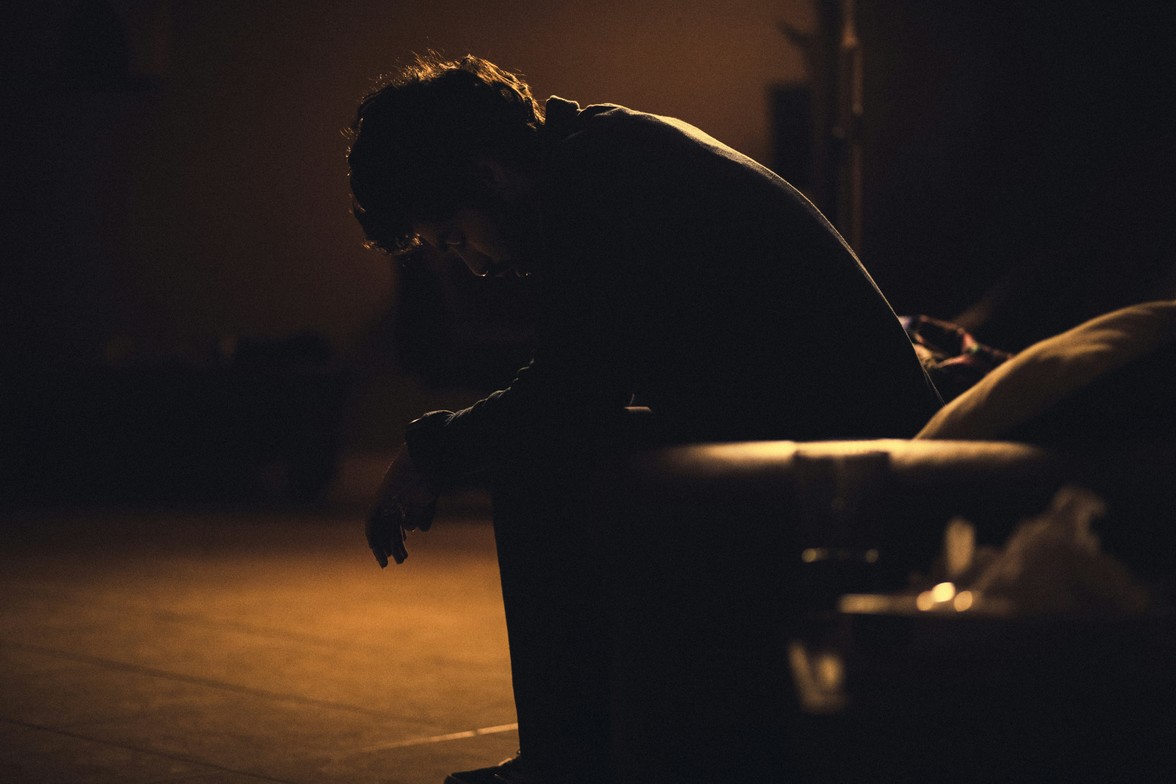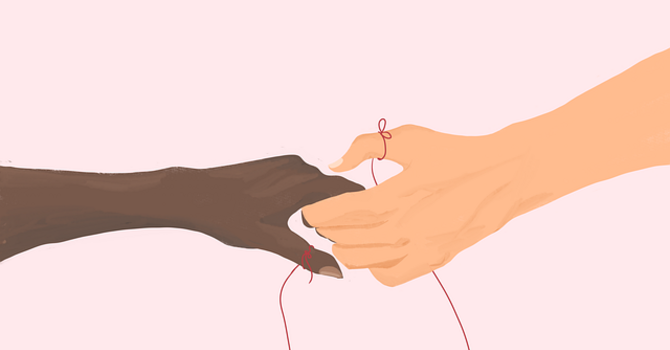
If you’re struggling with constant worry, sadness, or a sense of emotional exhaustion, you might wonder: Am I anxious, depressed, or both? Anxiety and depression are often spoken about as separate conditions, but the reality is more complex.
So, are anxiety and depression related?
Yes, very often. While they are distinct diagnoses, anxiety and depression commonly occur together, share overlapping symptoms, and can influence each other in powerful ways.
Understanding how anxiety and depression are connected can help you better recognize what you’re experiencing and open the door to more targeted, effective support.
What Is Anxiety?
Anxiety is the body and mind’s response to perceived threat or uncertainty. While some anxiety is a normal part of life, chronic or excessive anxiety can interfere with your day-to-day functioning. It often involves a persistent sense of worry, tension, or fear, even when no immediate danger is present.
Symptoms of anxiety may include:
- Racing thoughts or constant worry
- Difficulty concentrating
- Muscle tension or restlessness
- Sleep disruptions
- Irritability or agitation
- Physical symptoms like rapid heartbeat or nausea
Anxiety disorders are among the most common mental health conditions, affecting approximately 30% of adults at some point in their lives, according to the American Psychiatric Association (APA) [1].
What Is Depression?
Depression, also known as Major Depressive Disorder, is more than just sadness or a rough day; it’s a persistent mood disorder that affects how you think, feel, and function. People with depression often experience emotional numbness, low energy, and a deep sense of hopelessness.
Common symptoms of depression include:
- Persistent sadness or emptiness
- Loss of interest in activities
- Changes in sleep or appetite
- Fatigue or low motivation
- Feelings of guilt or worthlessness
- Difficulty concentrating or making decisions
- Thoughts of self-harm or suicide
The World Health Organization (WHO) ranks depression as a leading cause of disability worldwide, affecting more than 280 million people globally [2].
How Are Anxiety and Depression Related?
Anxiety and depression often go hand in hand. In fact, it's common for someone to meet the criteria for both an anxiety disorder and depression at the same time. This is called comorbidity, and it's more the rule than the exception.
According to the National Institute of Mental Health, nearly 60% of people with anxiety also experience symptoms of depression and vice versa [3].
Here are a few reasons these conditions are so interconnected:
- Shared biological factors: Both anxiety and depression can stem from imbalances in brain chemistry (like serotonin, dopamine, and norepinephrine) and heightened activity in stress-related brain regions.
- Similar thought patterns: Rumination, catastrophizing, and self-criticism are common in both conditions.
- Overlapping symptoms: Trouble sleeping, low energy, and difficulty concentrating can show up in both anxiety and depression.
- Life stressors or trauma: Chronic stress, burnout, childhood trauma, or major life transitions can trigger both disorders simultaneously.
Key Differences Between Anxiety and Depression
Anxiety Depression
More associated with fear, worry, or hyperarousal. More associated with sadness, apathy, or low mood.
Energy is often heightened (nervous or agitated). Energy is often reduced (fatigue, slowed thoughts).
Driven by anticipation of future threat. Focused on past losses or current hopelessness.
Often includes panic, physical symptoms. Often includes emotional numbness, low self-worth.
Still, many people experience anxious depression a blend of symptoms from both categories. For example, you might feel hopeless and low, while also struggling with racing thoughts or physical tension.
Why This Matters for Treatment
Recognizing the overlap between anxiety and depression is important, because it can influence how treatment is approached. For instance, someone with high anxiety and low mood may benefit from different therapeutic tools than someone experiencing only one condition.
Effective treatments may include:
- Cognitive Behavioral Therapy (CBT): Targets both anxious thoughts and depressive patterns.
- Mindfulness and nervous system regulation: Helps manage chronic stress and improve emotional resilience.
- Internal Family Systems (IFS): Helps uncover and heal the inner parts that hold anxiety or sadness.
- EMDR: Particularly effective when trauma is at the root of both anxiety and depression.
- Medication: Antidepressants like SSRIs can be effective for treating both conditions.
Working with a therapist who understands the nuances of both anxiety and depression can help you develop a tailored treatment plan that supports all aspects of your mental and emotional health.
You Deserve Support
If you’re feeling stuck in worry, hopelessness, or emotional exhaustion know that you’re not alone, and you’re not broken. Anxiety and depression are treatable, and healing doesn’t mean “snapping out of it” , it means giving yourself the space, tools, and compassion you need to feel like yourself again.
Whether you’re experiencing anxiety, depression, or both, help is available and you don’t have to do it alone.
Sources:
[1] American Psychiatric Association. What are Anxiety Disorders?
https://www.psychiatry.org/patients-families/anxiety-disorders/what-are-anxiety-disorders
[2] World Health Organization. Depression.
https://www.who.int/news-room/fact-sheets/detail/depression
[3] National Institute of Mental Health. Anxiety Disorders.
https://www.nimh.nih.gov/health/topics/anxiety-disorders





